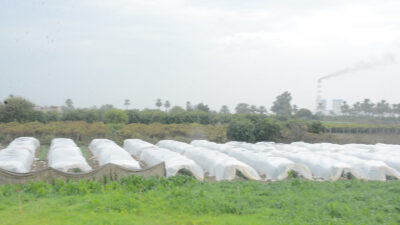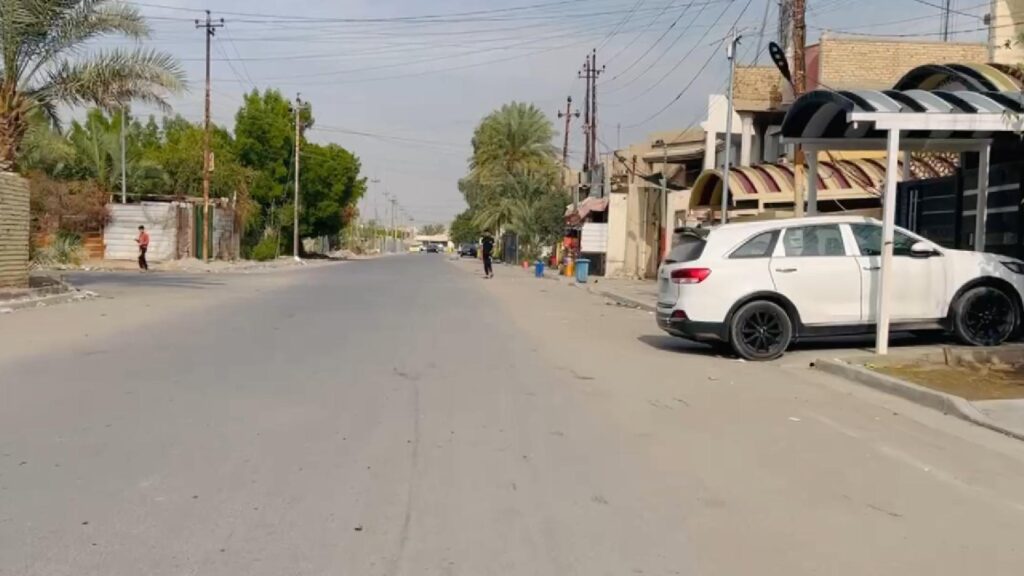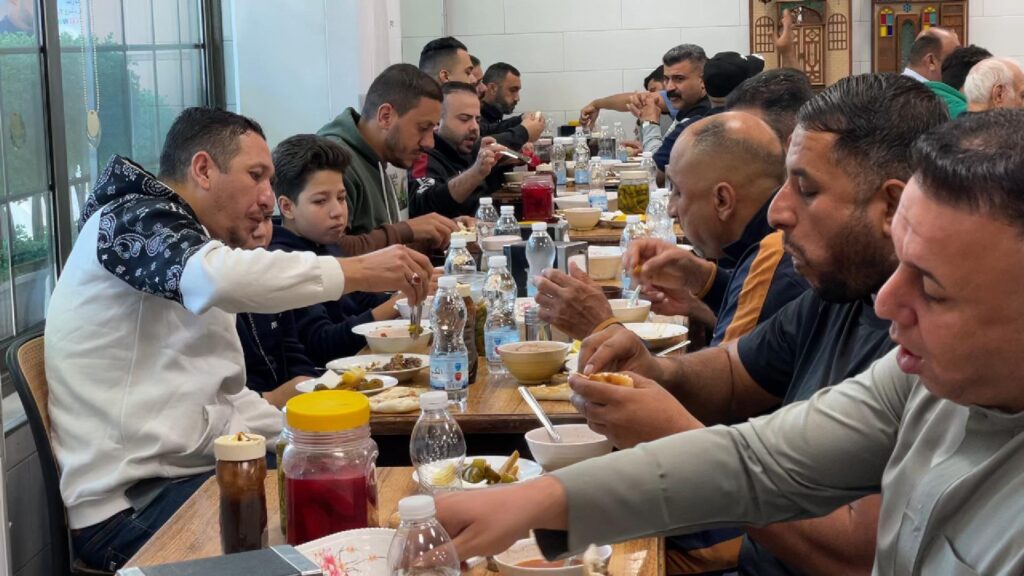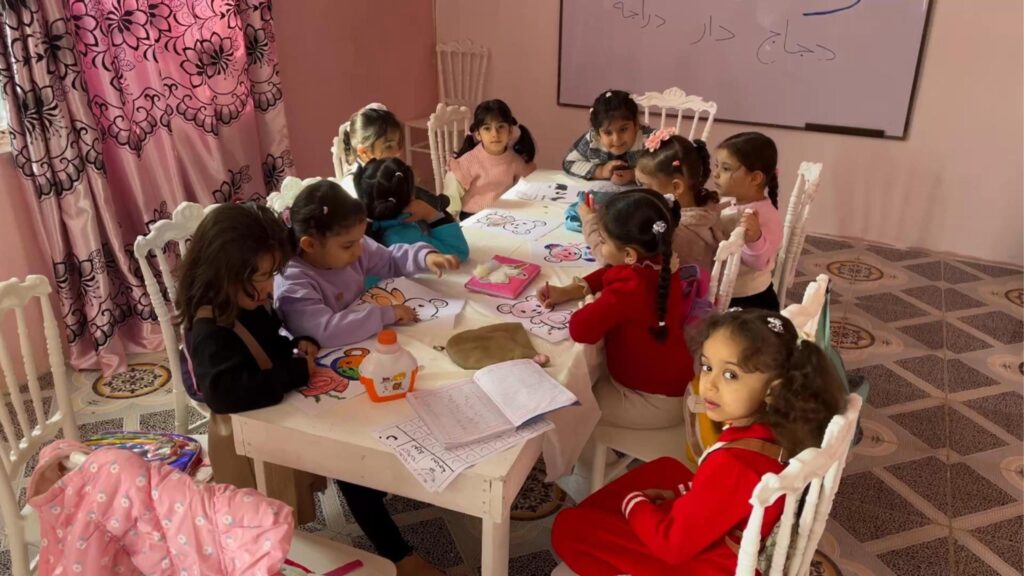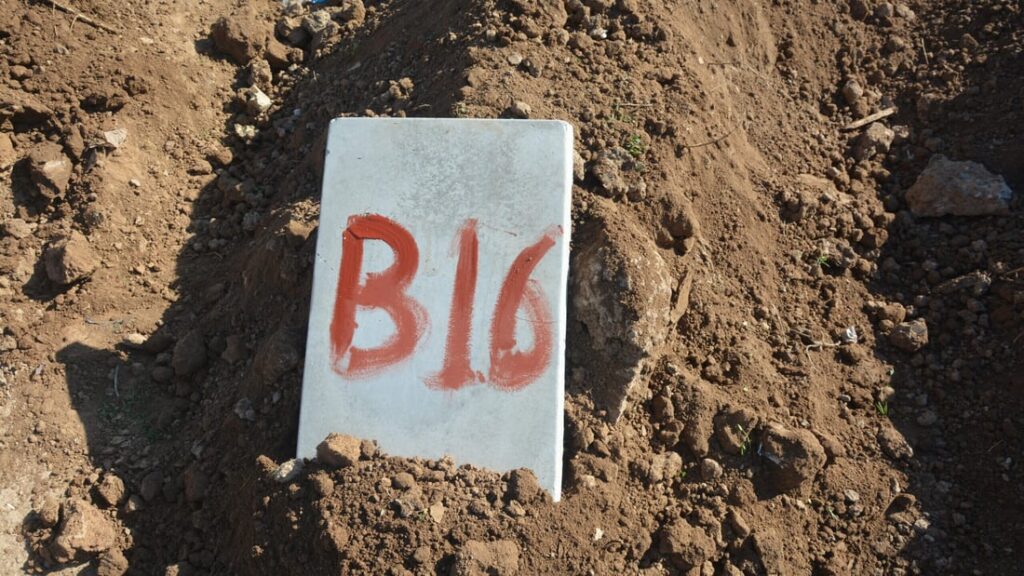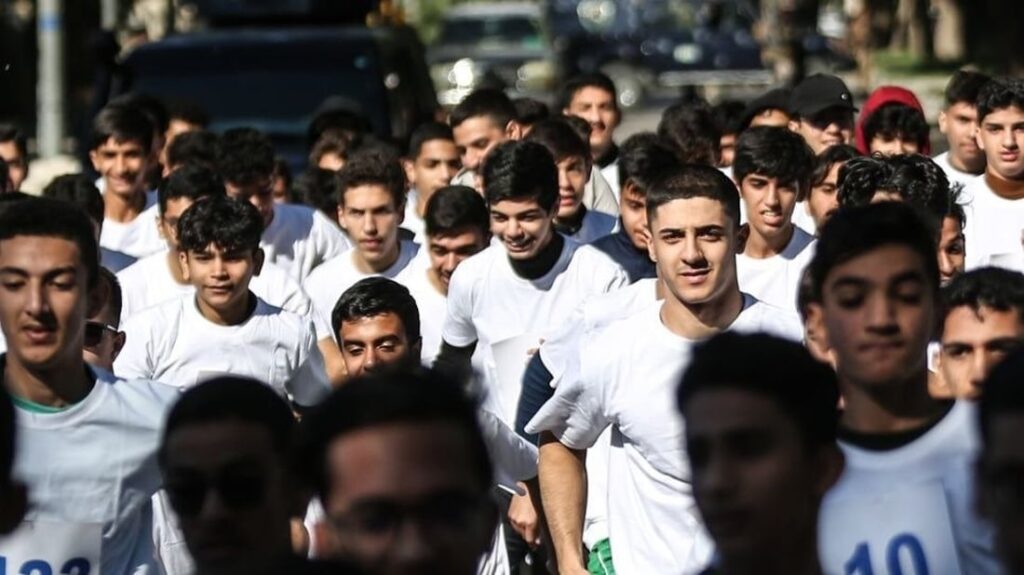Iraq to build nearly 40 new schools in war-torn Nineveh province

ERBIL (Kurdistan 24) – Local officials in the embattled northern Iraqi province of Nineveh announced on Saturday that 37 new schools will be built to replace those destroyed as a result of the Islamic State taking control of much of the province in 2014.
2,047 learning facilities opened for the school year of 2019-2020, significantly lower than the needs of the province, resulting in many schools scheduling two shifts of study to make up for the lack of space.
Asil Abady, Director General of Nineveh Education Directorate, described to local media different portions of the project, one of which “will include 16 schools with 18 classrooms,” in 12 neighborhoods on the left bank of Mosul, the provincial capital.
According to Abady, school buildings in most of Mosul were destroyed or have sustained significant damage in the war, forcing students to walk long distances to continue their studies.
He continued with information on other phases of the project, saying, “Five schools in neighborhoods will be built on the right bank of Mosul, where the destruction is the most extreme, plus two sports facilities and an exam hall as well.”
“The aim is to provide proper and reachable schools and other learning facilities to students and to avoid two shifts of school time,” he said, adding that six schools, one health facility, and extra classrooms for schools will be built in the sub-district of Tal Keif.
Mosul, the second-largest city in Iraq and formerly the capital of the Islamic State's self-proclaimed caliphate in the country, has seen little progress in rebuilding infrastructure, municipal projects, and availability of basic public services since its liberation in 2017. Those displaced from more rural areas like Tal Keif have often been wary of returning home, as such districts have seen even fewer successful reconstruction efforts.
Editing by John J. Catherine

